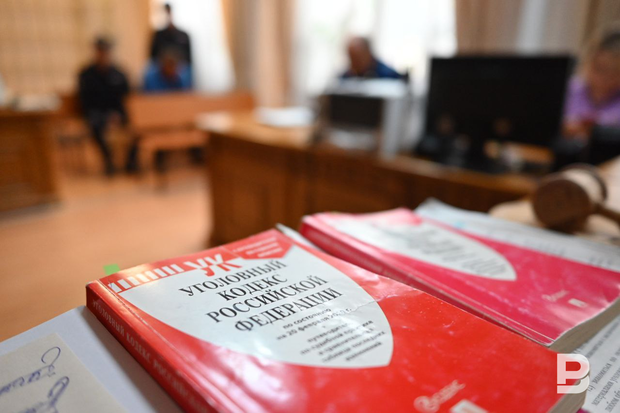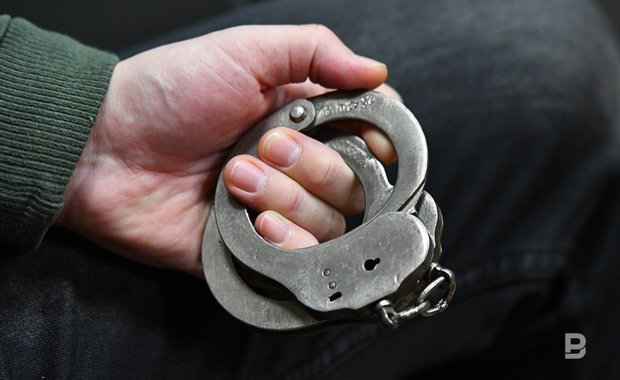Tatarstan proposes toughening punishment for drug trafficking

Amendments are proposed to be made to Article 64 of the Criminal Code of Russia
The State Council of Tatarstan is seeking tougher responsibility for drug trafficking — the corresponding bill has been submitted to the State Duma. According to the authors of the initiative, criminals should be punished deservedly, not being able to get away with short or suspended sentences. The document has been submitted to the Duma Committee on State Construction and Legislation.
The Tatarstan parliament proposes to amend the part 3 of Article 64 of the Criminal Code of Russia. It lists the articles according to which the perpetrators of the crimes provided for by them cannot be sentenced below the lower limit of the sanction or a milder type of punishment, or an additional type of punishment provided for as mandatory is not applied.
The deputies drew attention to that today in Russia the mitigation of punishment by assigning a milder one than provided for in the Article 228 of the Criminal Code of the Russian Federation is allowed for the illegal production, sale or shipment of narcotic drugs, psychotropic substances or their analogues, as well as the illegal sale or shipment of plants containing them, or parts thereof. At the same time, such a thing is impossible in relation to those who committed a terrorist act (Article 205 of the Criminal Code) or publicly called for terrorist activities (article 205).

To date, Part 3 of Article 64 of the Criminal Code of the Russian Federation does not allow the imposition of a milder punishment under 12 articles of the code, as well as four parts of three more articles.
The proposal of the State Council of Tatarstan is to include Article 228 of the Criminal Code of the Russian Federation in the list of the articles listed in Part 3 of Article 64 of the Criminal Code of the Russian Federation. This will make it possible to exclude cases when manufacturers and sellers of drugs, psychotropic substances or their analogues receive a milder type of punishment than is provided for in its sanctions. By the way, according to part 1, which does not provide for qualifying signs, the attacker faces from 4 to 8 years of imprisonment with restriction of liberty for up to one year or without it.
Tendency to decrease the proportion of punishments in the form of a real term of imprisonment
Tatarstan parliamentarians pointed out that, despite the strict punishment imposed by the Criminal Code of Russia for violations of legislation on narcotic drugs and psychotropic substances, an analysis of the operational situation over the past two years shows that the drug situation in Tatarstan and in the country as a whole remains tense. Thus, in correctional institutions of the republic, almost a third — 29% — of the total number of convicts are serving sentences for various drug crimes. For comparison, in 2021, this figure was lower — 23%.
At the same time, the number of deaths due to drug use is also growing, most of which were produced in clandestine drug laboratories, the deputies of the State Council of Tatarstan drew attention. For example, in 2019, 69 were recorded, in 2020 — 115, and in 2021 — 181.
“In recent years, in the context of sanctions applied by the judicial authorities of the Republic of Tatarstan to persons who have committed drug crimes, in general, there has been a tendency to decrease the proportion of punishments in the form of a real term of imprisonment due to an increase in the proportion of probation, correctional (mandatory) work and fines," they analysed in the State Council.

According to the calculations of deputies, the terms of actual imprisonment for crimes related to the production and sale of narcotic drugs are being reduced. If in 2019 the term was 7,8 years, by 2020 it had been reduced to 7,6 years, and by 2021 — to 7,4 years.
“This is primarily due to that the above sanctions are not fully applied to those guilty of illicit trafficking in narcotic drugs and psychotropic substances in accordance with the requirements of Article 64 of the Criminal Code of the Russian Federation 'The imposition of a milder punishment than is provided for this crime," Tatarstan parliamentarians believe.